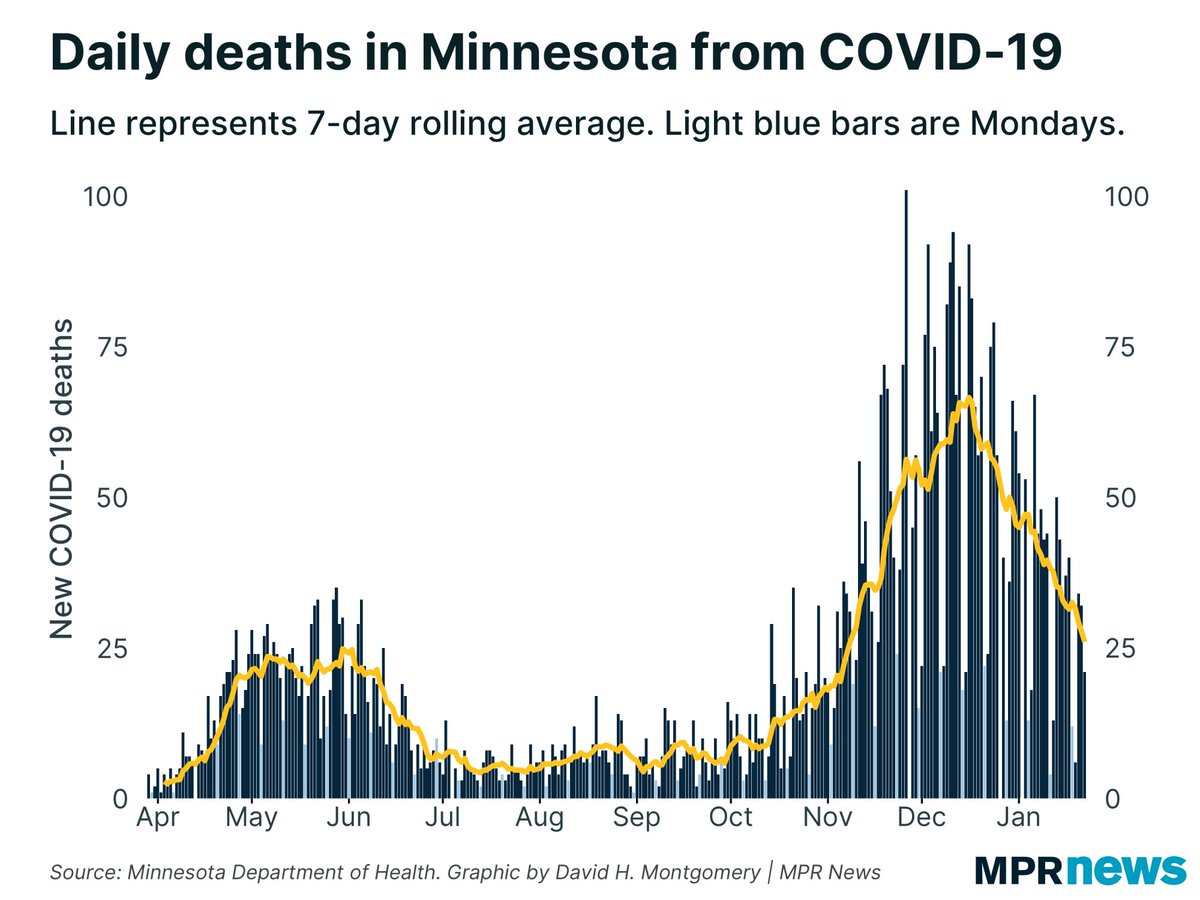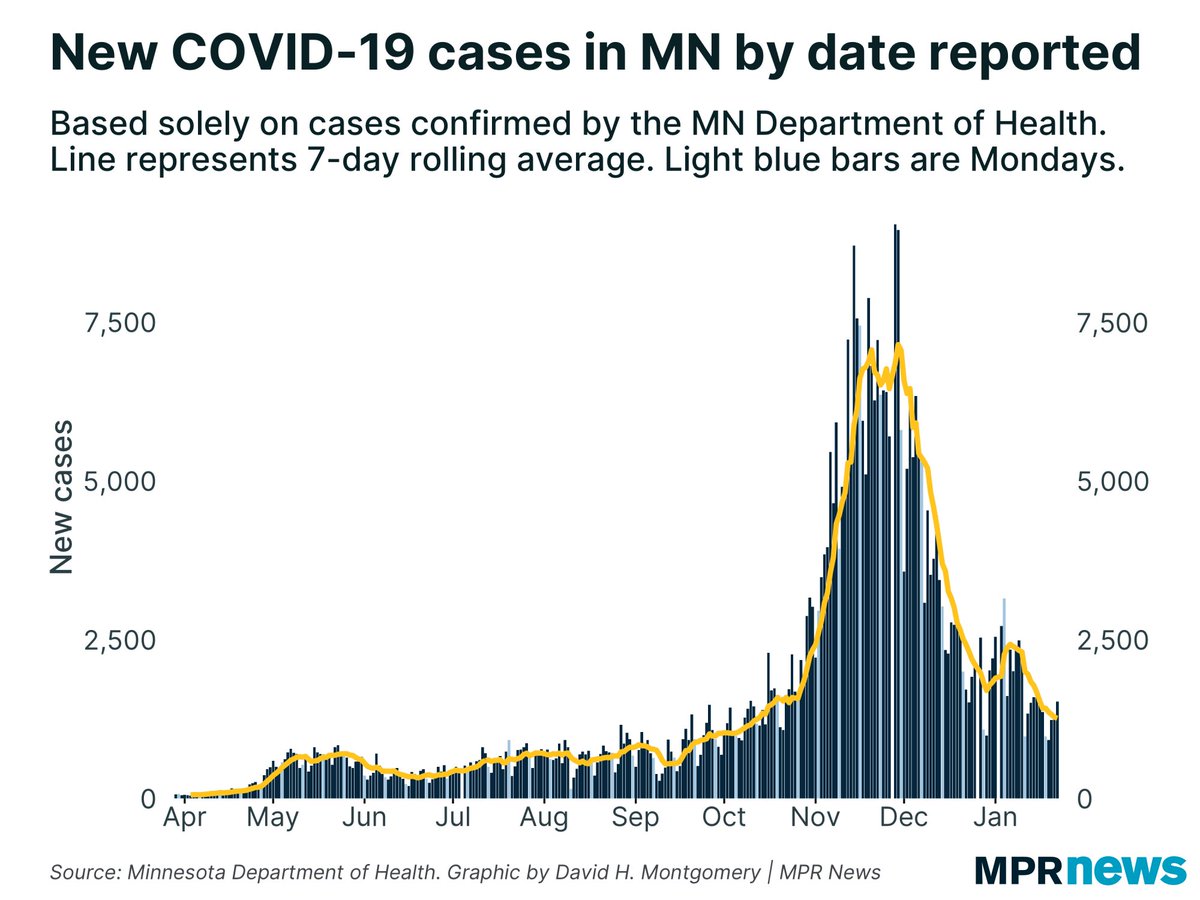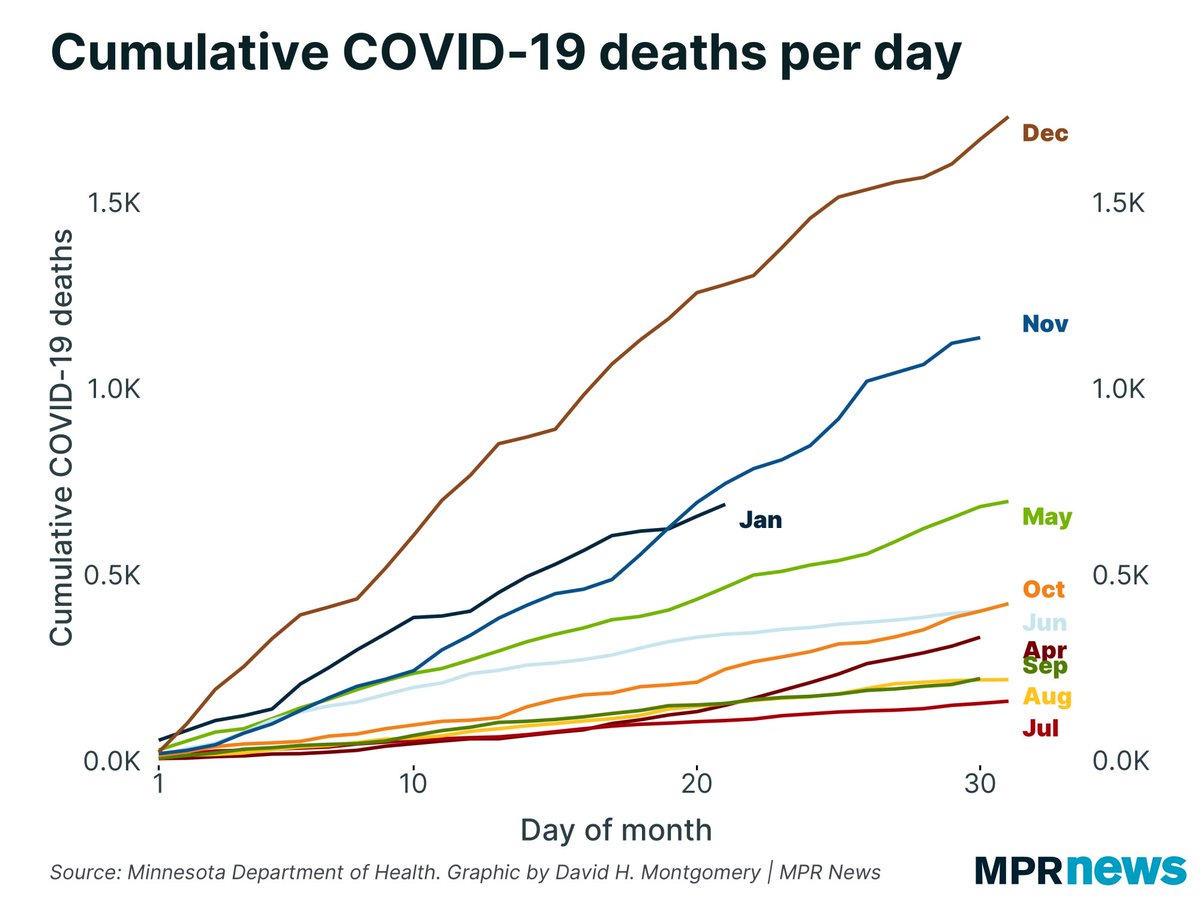
A majority of you quickly settled on one of two names: Johnson and Clinton. Those are the two front-runners… but JOHNSON is the winner here. There have been 5 people named Johnson to receive Electoral College votes.
Explanation in the replies.
Explanation in the replies.
https://twitter.com/dhmontgomery/status/1351712857948188674
Remember, VPs get Electoral Votes, too.
- Richard Mentor Johnson, VP candidate in 1836 & 1840 (the 2nd was an odd one)
- Herschel Vespasian Johnson, Stephen Douglas’s 1860 running mate.
- Andrew Johnson, 1864
- Hiram Johnson, TR’s 1912 “Bull Moose” running mate
- Lyndon Johnson
- Richard Mentor Johnson, VP candidate in 1836 & 1840 (the 2nd was an odd one)
- Herschel Vespasian Johnson, Stephen Douglas’s 1860 running mate.
- Andrew Johnson, 1864
- Hiram Johnson, TR’s 1912 “Bull Moose” running mate
- Lyndon Johnson
There have to date been FOUR Clintons to receive electoral votes:
- George Clinton (got VP electoral votes in 1788, 1792, 1796, 1804, & 1808, & pres votes too in 1808)
- His nephew DeWitt Clinton, the federalist nominee in 1812
- Bill Clinton
- Hillary Clinton
- George Clinton (got VP electoral votes in 1788, 1792, 1796, 1804, & 1808, & pres votes too in 1808)
- His nephew DeWitt Clinton, the federalist nominee in 1812
- Bill Clinton
- Hillary Clinton
So Johnson and Clinton are two of the five last names with three or more individuals to receive Electoral College votes. Two of the other three were common enough guesses: ADAMS and HARRISON.
The fifth was much more obscure: DAVIS.
The fifth was much more obscure: DAVIS.
https://twitter.com/dhmontgomery/status/1351713807870033923
Among the Adamses, you have John and John Quincy. Sam Adams also got some Electoral College votes in 1796.
On top of William Henry Harrison & his grandson Benjamin, one Robert Harrison got some votes in 1788. (He actually came in 4th, behind only Washington, Adams & Jay!)
On top of William Henry Harrison & his grandson Benjamin, one Robert Harrison got some votes in 1788. (He actually came in 4th, behind only Washington, Adams & Jay!)
Only two of you, I think, guessed “Davis.”
- David Davis got one single electoral vote in the messed up 1872 election
- Henry Gassaway Davis was the Democratic VP nominee in 1904
- John W. Davis was the Democratic VP nominee in 1924
- David Davis got one single electoral vote in the messed up 1872 election
- Henry Gassaway Davis was the Democratic VP nominee in 1904
- John W. Davis was the Democratic VP nominee in 1924
You can see a list of EVERYONE to receive Electoral College votes here, thanks to the tireless labor of Wikipedia contributors: en.wikipedia.org/wiki/List_of_p…
More trivia: George Clinton is one of two men to serve as vice president under two different presidents. He was Jefferson’s running mate in 1804 (replacing Aaron Burr, for obvious reasons), and then stayed on in the job as Madison’s 1808 running mate.
(The other is Calhoun.)
(The other is Calhoun.)
Richard Mentor Johnson has TWO odd elections. In 1836, he was the running mate to the victorious Martin Van Buren. But the Virginia delegation, pledged to Johnson, refused to vote for him because he was in an open common-law marriage with Julia Chinn, his slave.
Virginia’s abstention meant the Electoral College didn’t have a majority for any VP, so the Senate had to pick it. It chose Johnson, on a party-line vote.
In 1840, Van Buren wanted to dump Johnson as his VP, but feared doing so would split the party. So Democrats didn’t nominate ANYONE for VP alongside Van Buren, letting states choose their own candidates. Johnson campaigned for himself as VP and got 48 electoral votes.
The 1872 election was another odd one. Newspaperman Horace Greeley was the nominee of the Democratic Party and a group of anti-Grant Republicans under the “Liberal Republican” banner. But Greeley, who lost, died before the Electoral College met. His electors voted for whoever.
Davis, who got a single 1872 electoral vote, was a Supreme Court justice (he wrote “Ex parte Milligan”) with a powerful reputation for independence. He tried to get nominated for president in 1872 as a sitting justice, then went right back on serving on the bench.
Davis also played a huge & crazy role in the disputed 1876 election. A commission was appointed to settle disputed votes: 5 Republican senators, 5 Democratic representatives, 2 Republican justices & 2 Dem justices — and Davis, famously independent, set to be the deciding vote.
BUT Illinois Democrats came up with a too-cleve scheme: they elected him to the U.S. Senate, perhaps to buy his support. But Davis promptly resigned the court to accept the seat, upsetting the commission’s balance! The only remaining justices were Republicans.
And so the commission voted on party lines, 8-7, to award the disputed electors to the Republican candidate, Hayes. I discussed that mess in an earlier thread:
https://twitter.com/dhmontgomery/status/1309551398753894402
Later, again because of his unshakable reputation for independence, now-Sen. Davis was chosen as Senate President Pro Tem. That meant when James Garfield was assassinated, Davis was next in line for the presidency had Chester Arthur died! en.wikipedia.org/wiki/David_Dav…
15 other last names have had exactly two people get electoral votes: Bryan, Bush, Butler, Hancock, King, Lincoln, Marshall, Pinckney, Roosevelt, Smith, Stevenson, Wallace, Warren, Wheeler and Wilson. 

• • •
Missing some Tweet in this thread? You can try to
force a refresh










